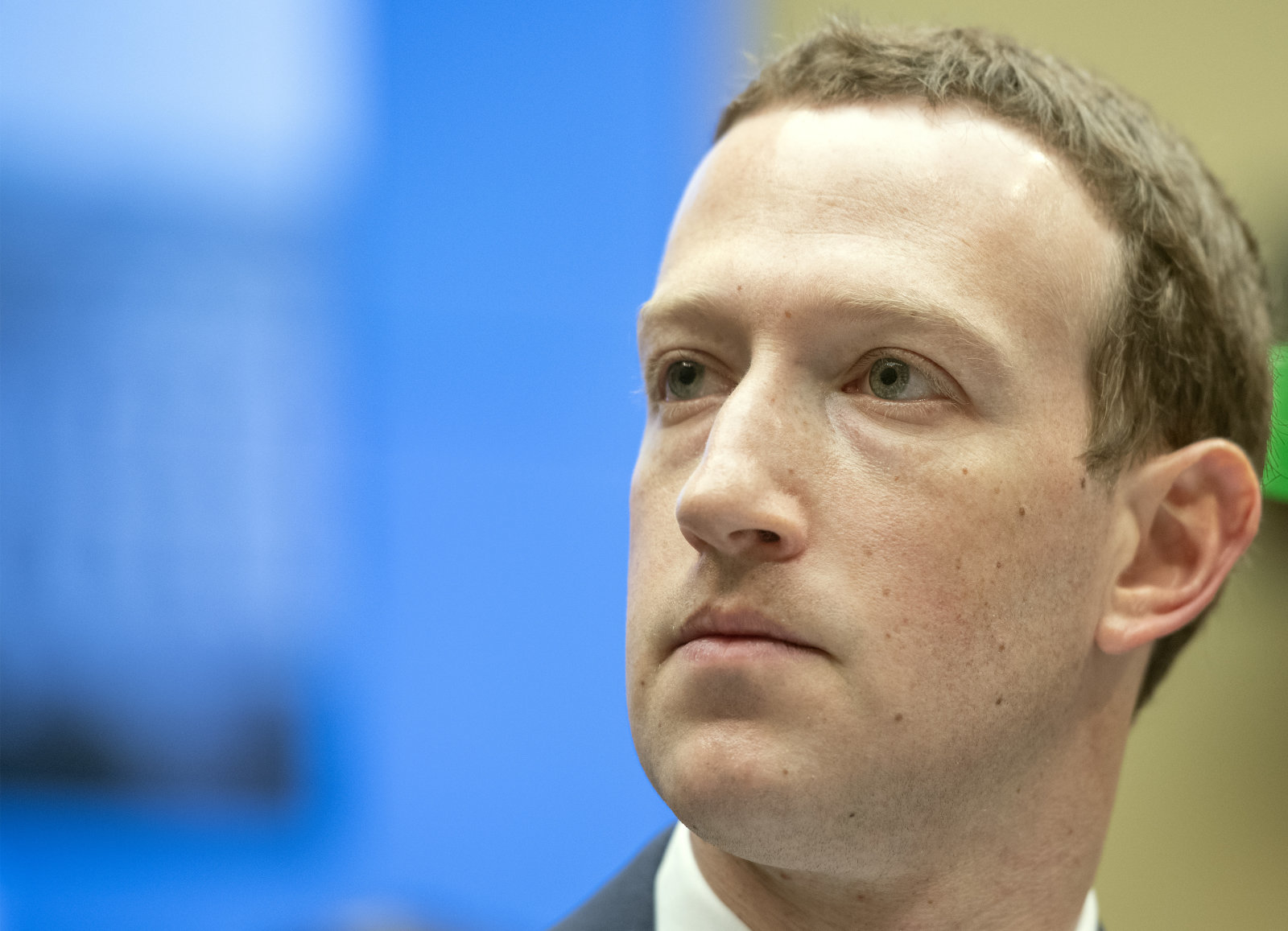What just happened? Mark Zuckerberg has announced that Meta isn't being left behind when it comes to artificial intelligence. The CEO said that his company is building a new top-level product group that will focus on implementing generative AI into its services, enabling "delightful experiences" for users.
Zuckerberg wrote that the creation of the AI group will involve pulling together other teams working on generative AI from across the company. The Meta boss says this will turbocharge the work in this area.
The first step will be to build creative and expressive tools, with the long-term goal being the creation of "AI personas that can help people in a variety of ways." Zuckerberg says the company is exploring the use of generative AI in text, such as chat in Messenger and WhatsApp. It will likely involve implementing something similar to ChatGPT that will help people compose messages.
Meta's AI will also be used for images such as Instagram filters and ad formats, as well as "video and multi-modal experiences."
Axios writes that the team will be led by VP Ahmad Al-Dahle, who spent 16 years at Apple before joining Meta in April 2020.
Meta last week released its new natural language model, LLaMA, which reportedly outperforms GPT-3 in most benchmarks and is just one-tenth of GPT-3's total size.
The explosion of ChatGPT and other generative AIs in recent months has seen companies falling over each other to implement them into their products, including Microsoft's Bing and Edge browsers. It's also led to the launch of hundreds of startups based around the technology.
While Meta is now embracing generative AI, one has to wonder if its focus will move away from the company's metaverse plans. Zuckerberg's conviction that the technology will be as revolutionary as the internet led to Facebook changing its corporate name to Meta in 2021. One exec recently said that the metaverse would eventually be as important as smartphones.
But Meta's Reality Labs, the division responsible for the metaverse, has lost tens of billions of dollars over the last two years. Zuckerberg insists the investment will pay off in the long term, earning hundreds of billions, if not trillions, of dollars over time.
Few people outside Meta share Zuck's enthusiasm for an all-encompassing VR/AR platform. With so many tech giants now hailing AI as the next big thing, might going all-in on the metaverse turn out to be a very costly mistake for Meta? Zuckerberg thinks we won't find out until about 2030, by which time everything will have some form of AI integration, probably.

